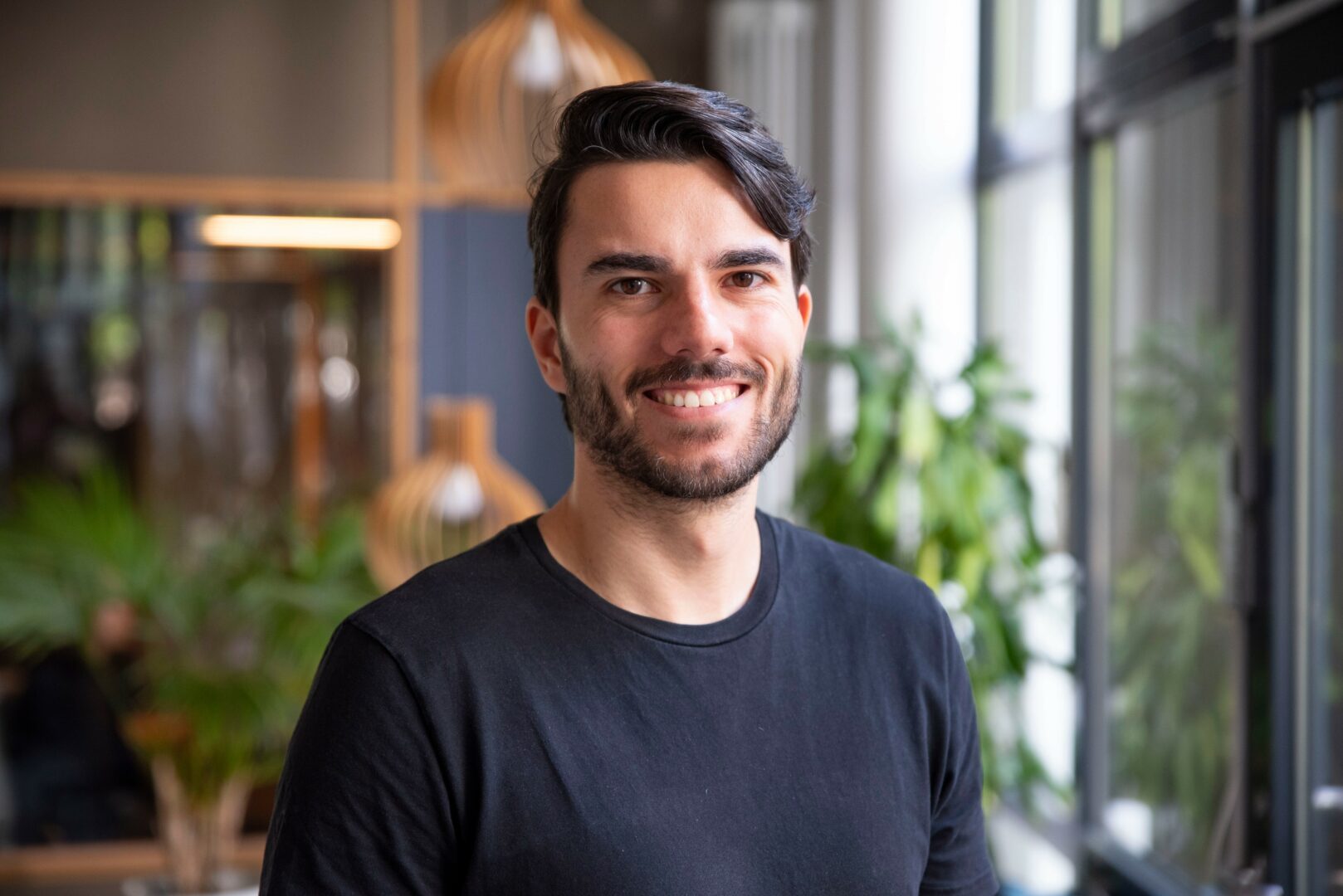We caught up with the brilliant and insightful Silvano Lieger a few weeks ago and have shared our conversation below.
Silvano, so good to have you with us today. We’ve always been impressed with folks who have a very clear sense of purpose and so maybe we can jump right in and talk about how you found your purpose?
In 2017, I was working as a project manager at an advertising agency in Austria. We were preparing a pitch for a beverage brand, the kind of campaign that usually gets people excited in the industry. It was late on a Friday night, already past 11pm, and I was still at the office with a few team members. One of my colleagues was visibly overwhelmed. Something wasn’t working with her part of the presentation, and she suddenly broke down in tears. I sat next to her, tried to console her, and in that moment I remember thinking very clearly: what are we even doing here? I don’t care about this beverage company, or whether they sell more products or not. None of this feels meaningful.
That was the first crack in a story I had been telling myself: that work is just work, and that meaning is optional.
Around the same time, I was living with roommates who were very politically aware and vocal. They opened my eyes to how broken many of our systems are. They challenged the way I thought about food, power, and responsibility. Through them, I started watching documentaries, reading more about the climate crisis, and learning about the reality of animal agriculture.
I also met some incredible activists, and many of them were working on issues I had just begun to understand. Their courage left a mark on me. Not long after, I quit my job, left Austria, and decided to travel.
In 2018, I spent several months in the United States, visiting activists and organizations working on animal rights and food justice. What I saw and heard was disturbing, but it also gave me a sense of direction. I understood for the first time that animal suffering, climate breakdown, and human injustice are all part of the same system. I didn’t know exactly how yet, but I knew I wanted to contribute. I wanted to spend my energy helping build alternatives, not just criticizing what’s broken.
When I returned to my home country of Switzerland, I made this my path. I joined Blue Horizon, a plant-based investment firm, and co-led an international digital advocacy project for them. A year later, I became Managing Director at Sentience, where we ran a federal referendum to abolish factory farming in Switzerland. It didn’t pass, but it sparked a national conversation. Over a third of voters supported it. That campaign really impacted the discourse.
Since then, I’ve focused on building bridges between policy, advocacy, and storytelling. At Planted, I work in public affairs to make sustainable food the norm. With Fauna Films, one of the charities I co-founded, I help produce documentaries that speak for those who cannot speak for themselves. And through Protein Transition Switzerland, I bring people together to accelerate a more just and resilient food system.
My sense of purpose didn’t arrive all at once. It grew slowly—from discomfort and doubt, from honest conversations and hard questions. And it keeps evolving. I try to stay close to the belief that systems can change, and that each step, no matter how small, can be part of building something better.
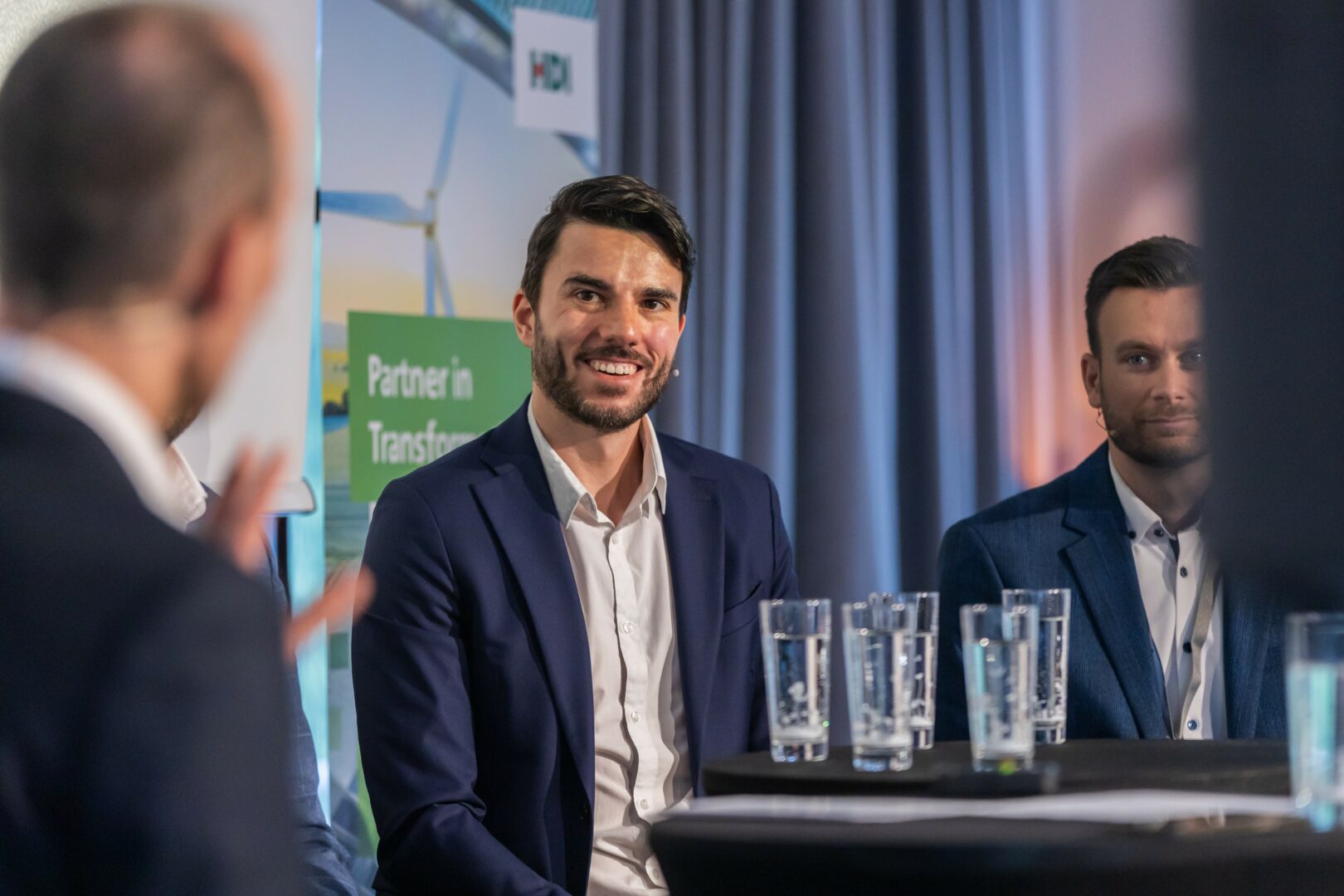
Let’s take a small detour – maybe you can share a bit about yourself before we dive back into some of the other questions we had for you?
A mentor recently told me that I’m a good example of a portfolio career. I hadn’t really thought of it that way before, but it resonated. I’ve never followed a single track. Instead, I’ve tried to respond to what feels most needed, and to where I can contribute with honesty and care.
The project that currently holds most of my focus is Protein Transition Switzerland, an initiative I co-founded to accelerate the shift toward sustainable proteins in this country. We work across sectors to bring together people who might not otherwise collaborate—like scientists, farmers, policymakers, business leaders, and civil society voices. Our aim is to create more alignment in a space that is full of energy, but often fragmented. At the moment, we’re preparing new events for decision-makers from these different sectors and are in conversation with cities about how they can play a more active role in the transition. What I love about this work is that it’s about building the conditions for collective progress, not just individual success.
In parallel, I co-founded Fauna Films, a nonprofit that supports documentary storytelling for animals. We collaborate with nonprofits and advocates to bring forward stories that are often ignored, especially in the Global South. Our main focus this year is a pretty big project in Indonesia. It’s a story that matters a lot to us, and we’re investing the time it needs to be done with care, integrity, and impact.
Alongside these two projects, I also work in public affairs at Planted, a Swiss food tech company that creates plant-based meat from natural ingredients. My role there is about shaping policy, building partnerships, and helping create a regulatory environment where sustainable food can thrive. It’s more institutional work, but it supports the same vision: a food system that doesn’t harm animals, people, or the planet.
While each of these projects is different in pace and format, they are deeply connected. What ties them together is a desire to contribute to systems that are more just, more transparent, and more humane. I don’t see this as a perfect formula. It’s a practice. A way of working that lets me stay close to what matters.
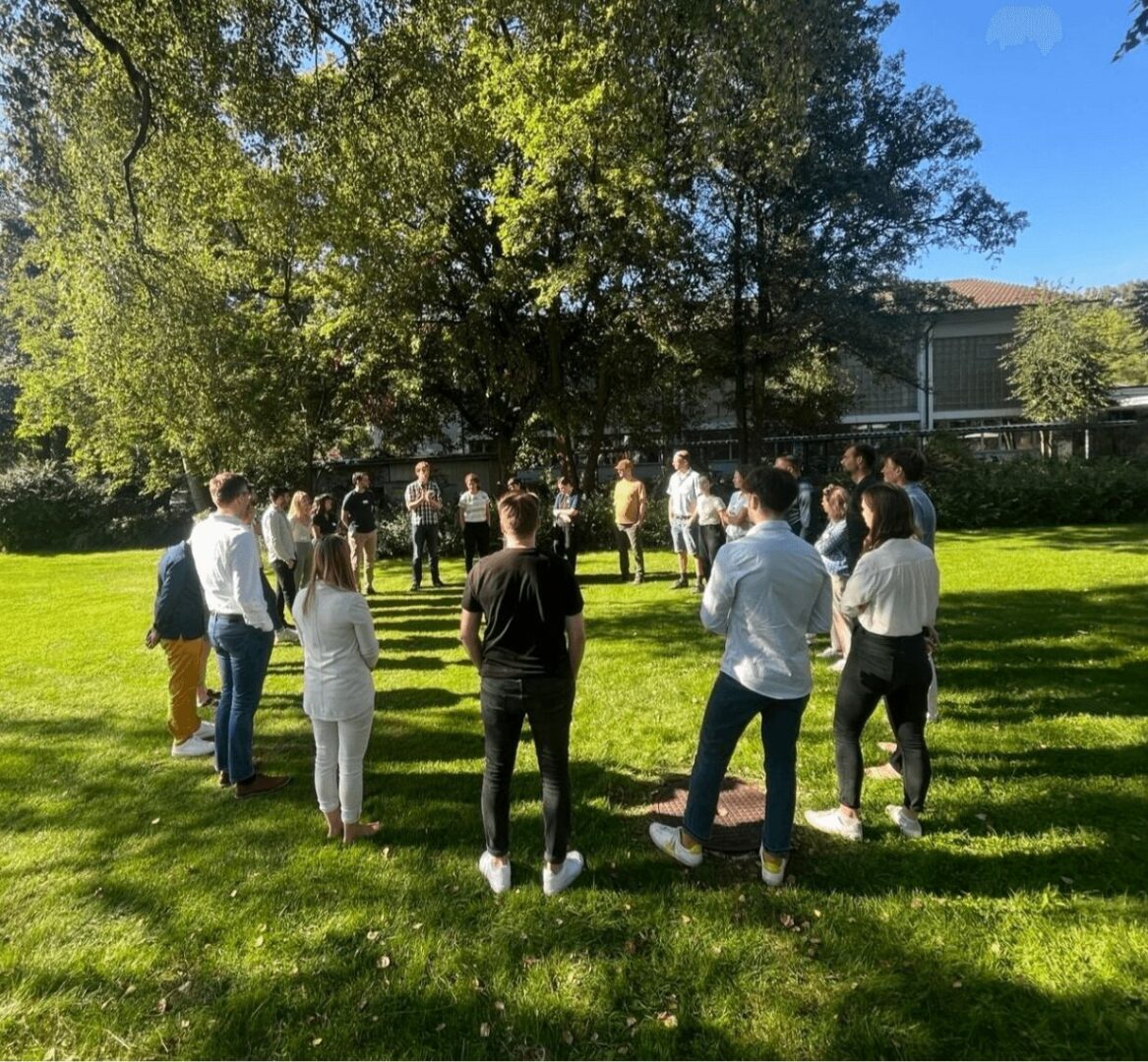
There is so much advice out there about all the different skills and qualities folks need to develop in order to succeed in today’s highly competitive environment and often it can feel overwhelming. So, if we had to break it down to just the three that matter most, which three skills or qualities would you focus on?
Looking back, one of the most important qualities in my journey has been the commitment to live my values through action. It’s one thing to care about justice, compassion, or sustainability in theory. But translating those values into daily decisions—what work you do, what systems you support, how you show up—is where integrity really takes shape. For me, leaving the advertising world, becoming active in the protein transition, or co-founding a documentary charity for animals were all ways of aligning what I believe with how I move through the world. If you’re early in your journey, I’d say: notice where your actions and values already match, and where they don’t yet. Start from there.
The second has been the ability to let go of certainty. Early on, I often felt the need to be right, or to hold onto a clear line between “us” and “them.” But real change happens in complex spaces, and people don’t usually shift because someone argues them into it. They shift because they feel seen, heard, and invited. I’ve learned that being less rigid—not less committed, but less certain—opens the door to better conversations and, often, more unexpected forms of impact.
The third has been learning how to build trust across difference. Whether it’s talking to farmers, policymakers, or corporate partners, I’ve found that change doesn’t happen without relationships. And relationships don’t grow without trust. You don’t have to agree on everything. But you do have to be willing to show up, to listen, and to find common ground wherever it exists. That’s not always easy, but it’s almost always worth it.
And just to be clear, these aren’t finished lessons for me, they’re very much ongoing practices. But if you start with honesty, stay flexible, and try to live your values with consistency and care, you’ll find a path that makes sense for you.
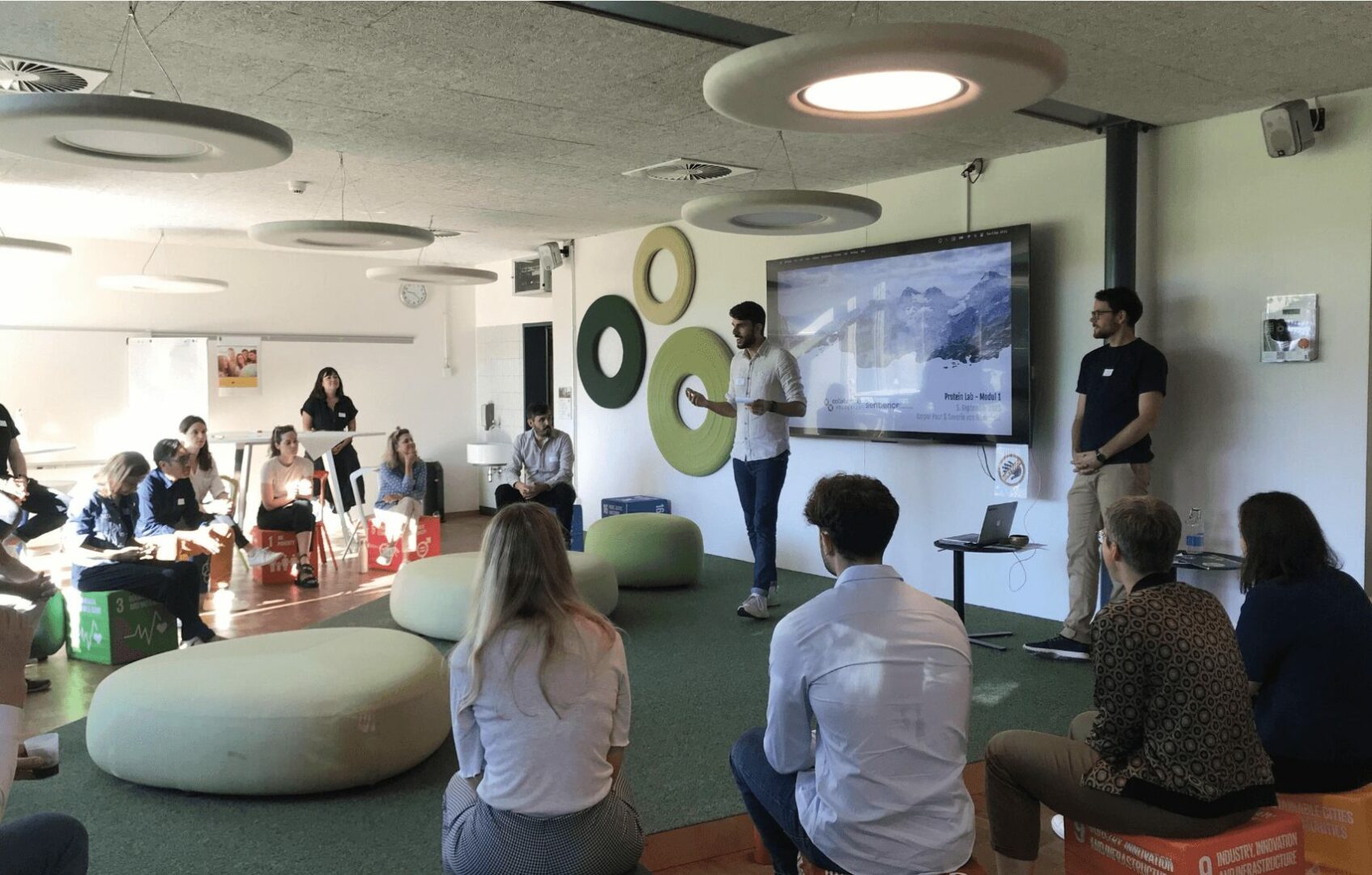
What is the number one obstacle or challenge you are currently facing and what are you doing to try to resolve or overcome this challenge?
One of the biggest challenges I’m facing right now is figuring out how to balance breadth with depth. I work across several projects, and I care deeply about each of them. But the more things I take on, the more I notice how difficult it becomes to really slow down, to think strategically, and to take care of myself in the process.
I’ve come to realise that being active on multiple fronts is only sustainable if I’m also creating space to reflect, rest, and connect to the deeper why behind the work. Otherwise, it becomes reactive. And even if the output looks fine on the surface, the inner clarity starts to fade.
What I’m doing about it is twofold. First, I’m starting to build clearer boundaries around my time and energy, like saying no more often, even to good things, and trying to protect space for what feels most essential. Second, I’m reconnecting with practices that help me stay grounded. For me, that includes spending time in nature, having honest check-ins with close friends, and returning to mindfulness practices as a way to process what’s unfolding.
It’s still a work in progress. But I’ve learned that long-term impact is only possible if the pace is human. And I’m trying to build a way of working that reflects that.
Contact Info:
- Linkedin: https://www.linkedin.com/in/lieger/
- Youtube: https://www.youtube.com/@faunafilmsglobal
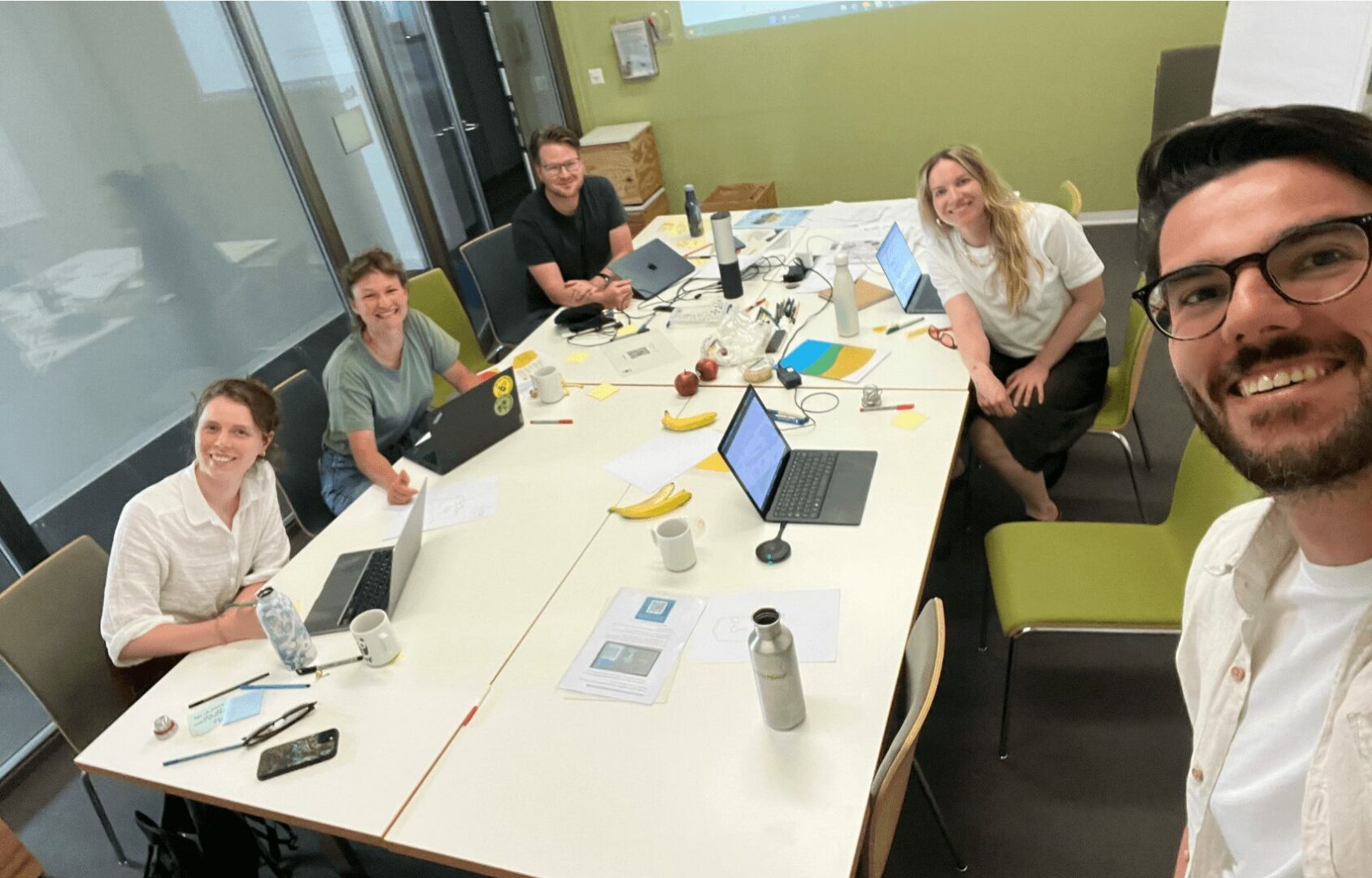
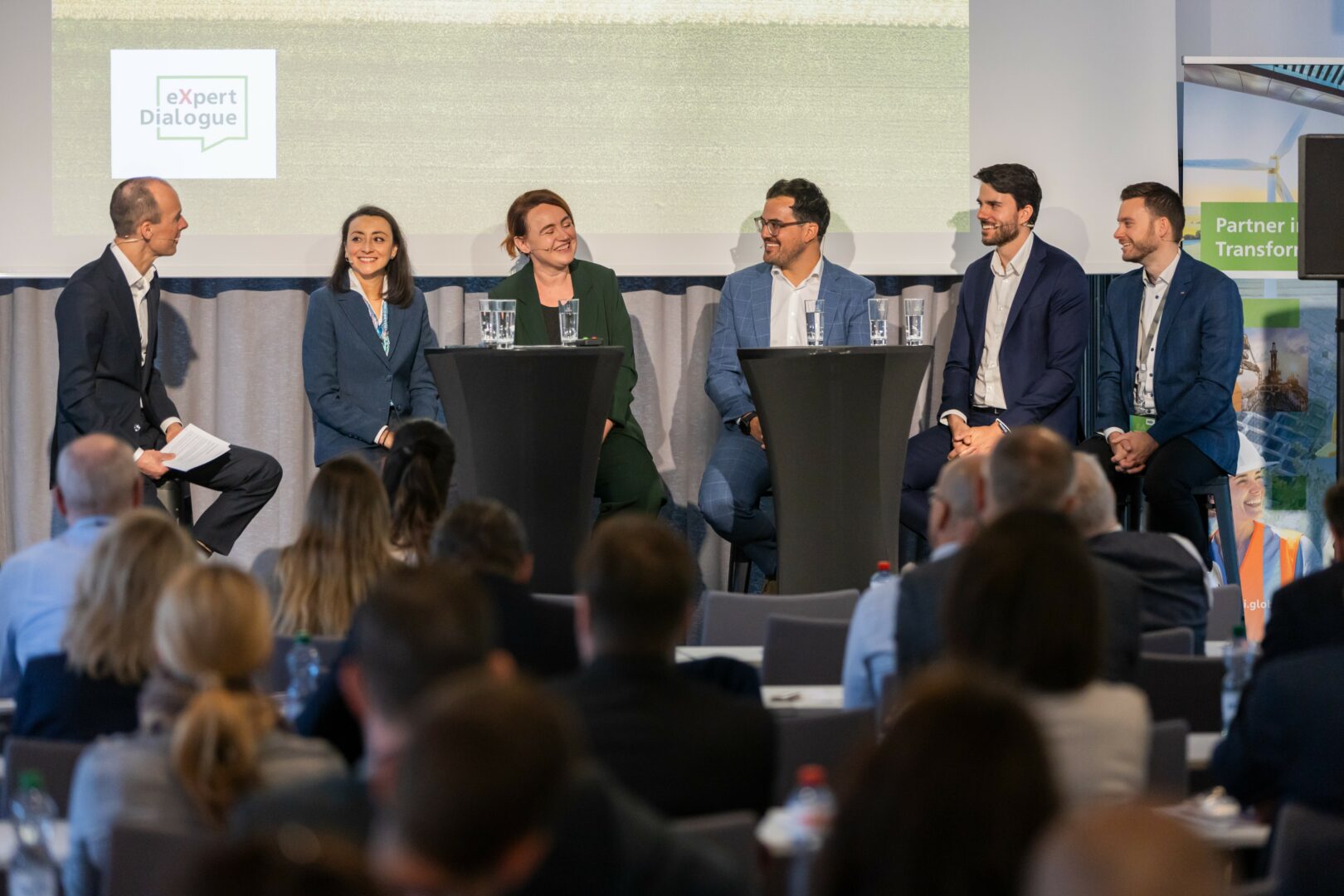
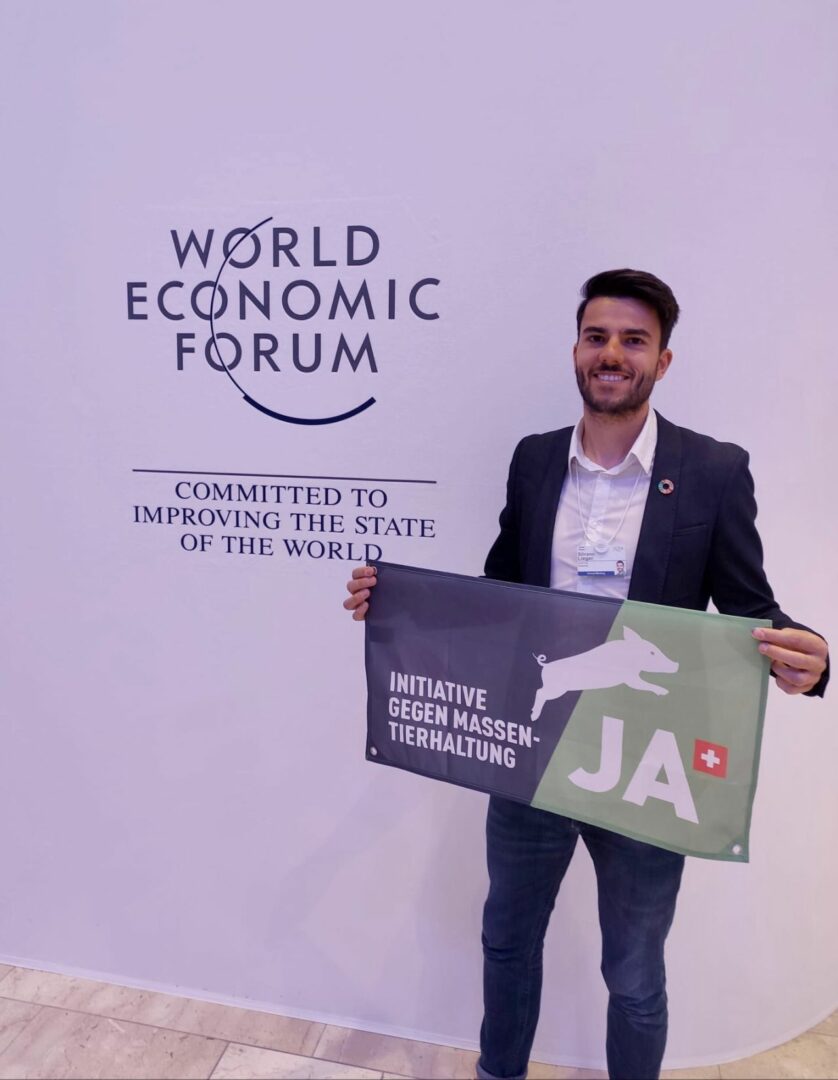
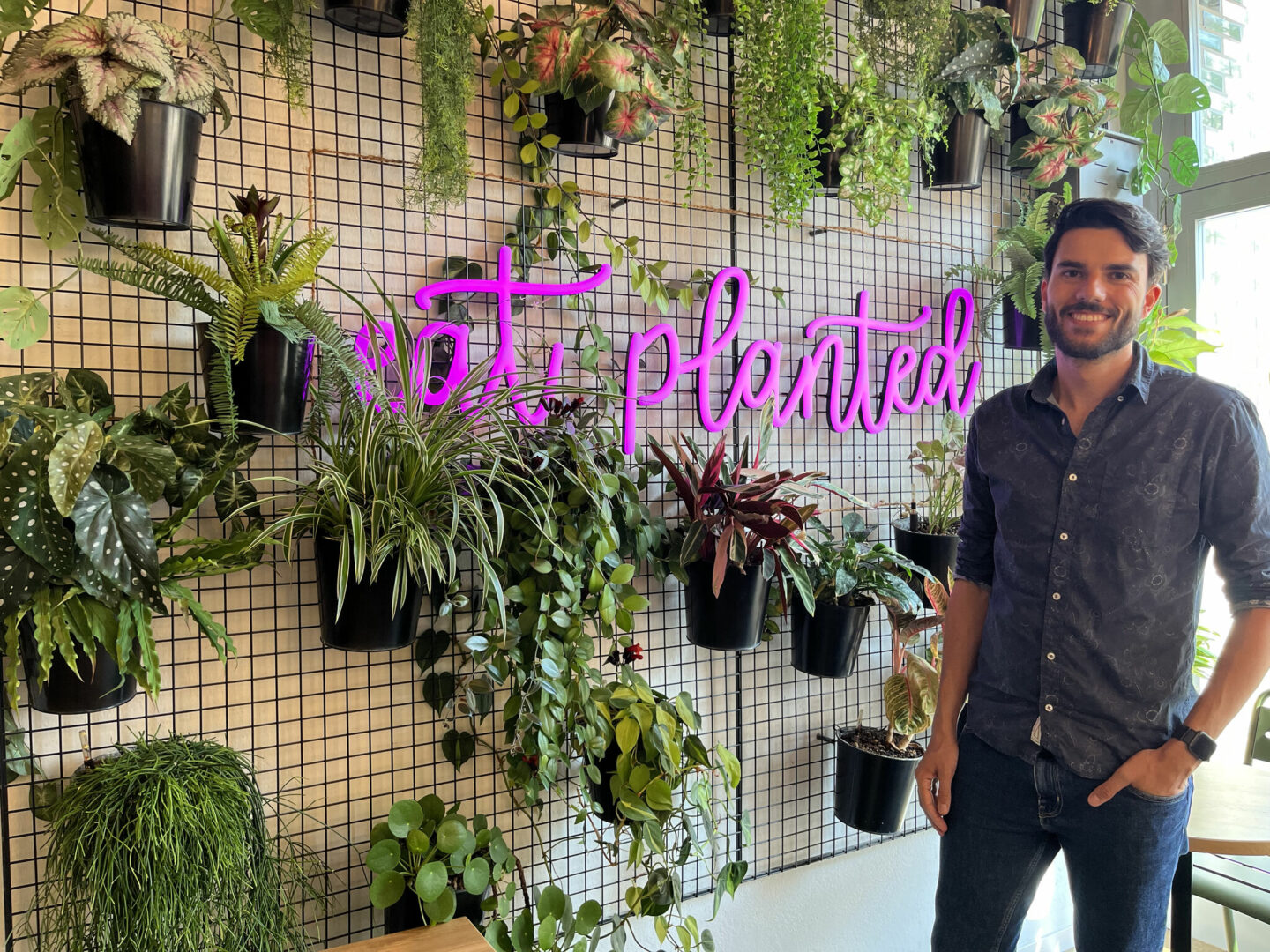
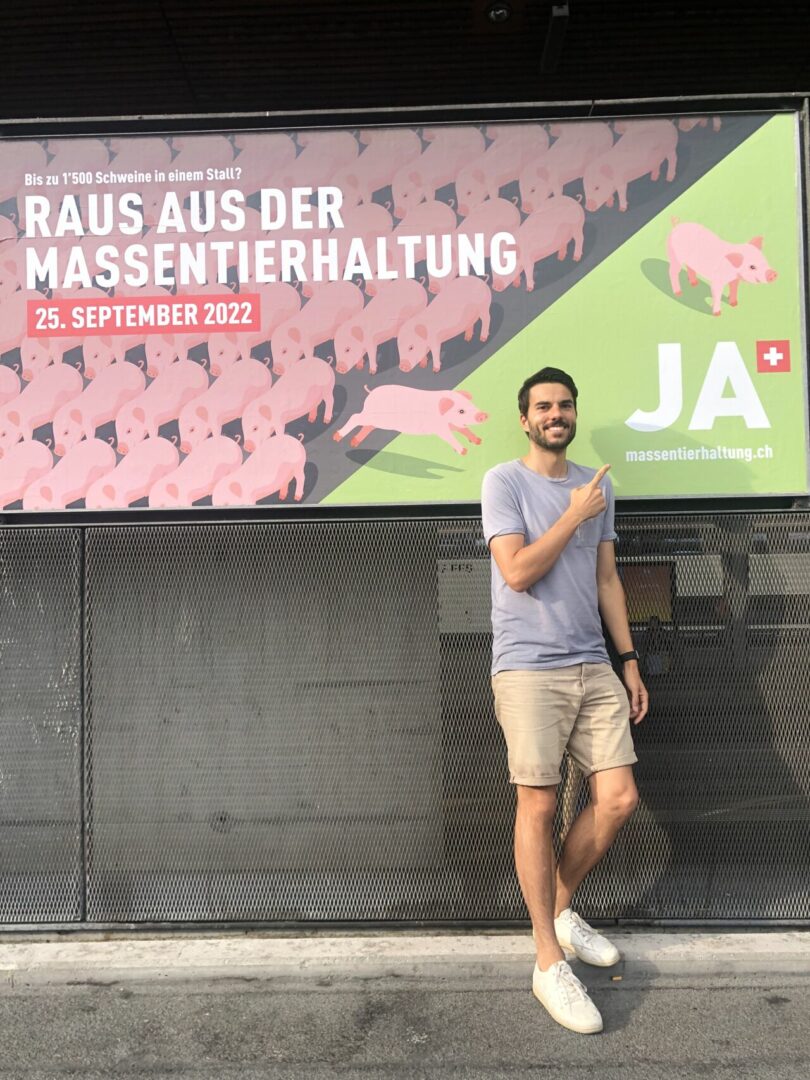
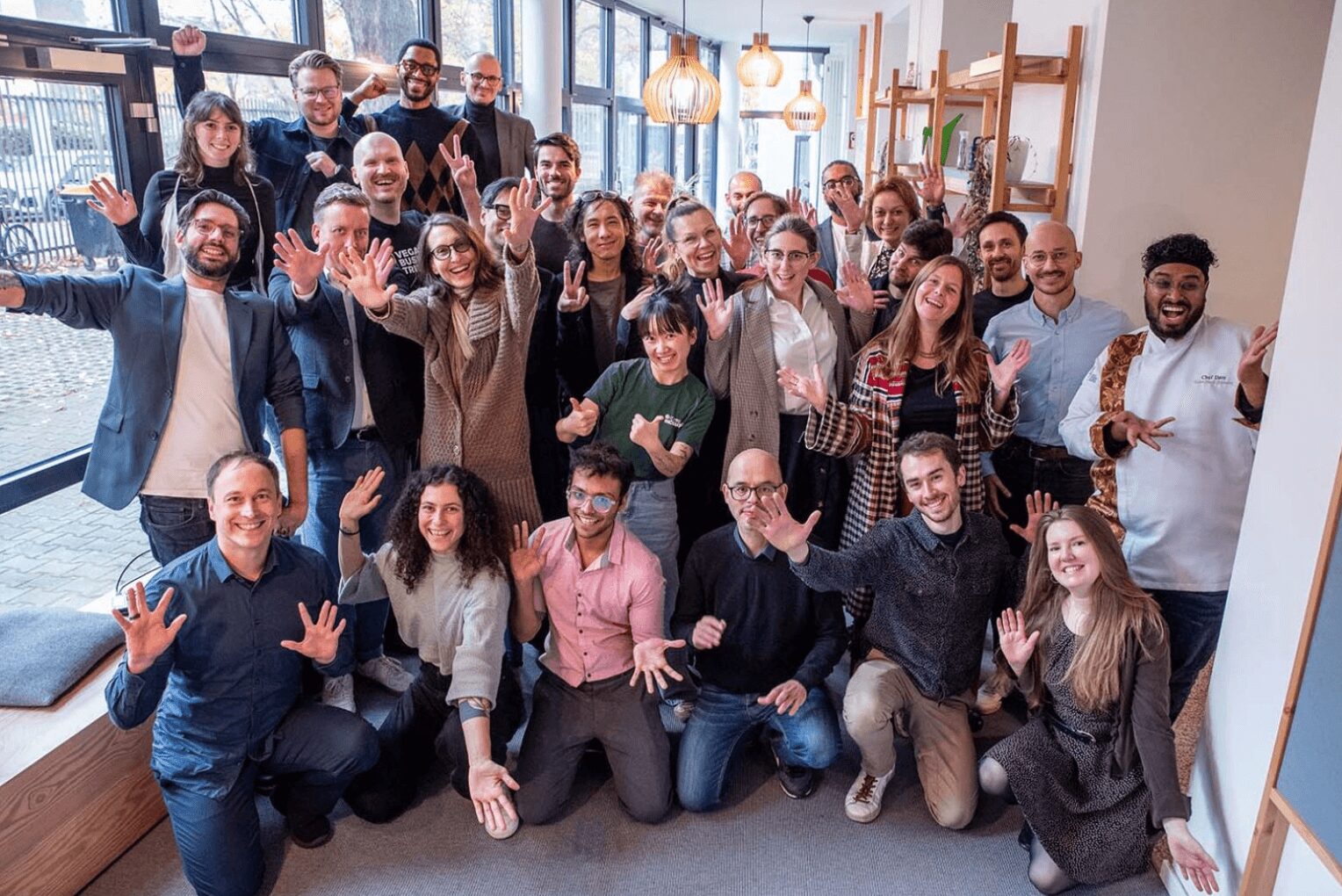
so if you or someone you know deserves recognition please let us know here.

